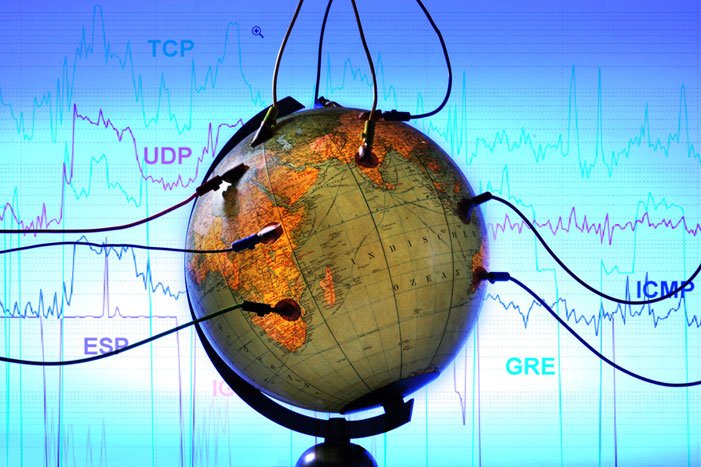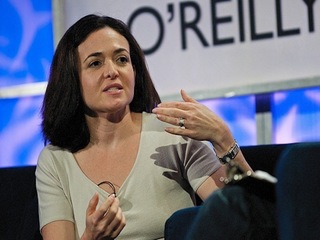
It’s hard to even visualize how much money Internet companies cumulatively make. When you look at just the G-20 nations, $2.3 trillion flowed through the Internet economy and that number is set to double in just six years, according to a prediction announced by The Boston Consulting Group on Friday.
Considering that e-commerce really didn’t hit the masses until the mid-nineties, it took 15 years to break the $2 trillion threshold and will double that at three times the speed — which would make the Internet economy equal to that of the U.S. economy. I could see sue people interested in becoming a citizen of the United Republic of Interwebs.
The study was conducted over the last 18 months, with more than 15,000 small and medium-size enterprises around the world.
By the time we reach $4.2 trillion, the number of Internet users will reach three billion (45% of the global population). And by 2016, China will reach 800 million users (thats the number of global Facebook users.)
BCG also estimates that by 2013, there will be more mobile broadband connections available that fixed-line connections.
Internet companies like Facebook are vying for spots at the World Economic Forum this year and showing their clout in the world economy. Earlier this week, Sheryl Sandberg announced the study that Facebook partnered with Deloitte on about how the social network giant added $15.3 billion in value to the European economy and social media was responsible for adding 232,000 jobs to Europe in 2011 alone.
And more emerging nations are diving into the Web world faster than ever, with more than 90% of Internet users in Argentina, Brazil, Indonesia and Mexico using social media — a far higher percentage than in many more developed markets.
“No company or country can afford to ignore this development. Every business needs to go digital,” said David Dean, a coauthor of the report and a senior partner at BCG, in a statement. “The ‘new’ Internet is no longer largely Western, accessed from your PC. It is now global, ubiquitous, and participatory.”
The study goes on to estimate that by 2016, nearly 70% of the Internet users in the G-20 will be from emerging markets, up from 56% in 2010, and the contribution of emerging markets to the G-20’s Internet economy will grow from less than one-quarter in 2010 to more than one-third in 2016.
“Understanding the economic potential of the Web should be an urgent priority for leaders,” Patrick Pichette, Google’s senior vice president and chief financial officer, said at a Google event Friday.
Throughout the G-20, $1.3 trillion of goods was researched online before being purchased offline — a staggering 2.7% of GDP, or more than $3,000 per Internet-connected household.
Businesses with a medium or high Internet presence are expected to grow by 17% over the next three years, compared with 12% for less Internet savvy companies.
But in order for these predictions and estimates to continue, governments in the G-20 need to embrace the growth and diversity of the Internet rather than impede the progress.
These predictions are all very promising for companies that have recently invested in more online innovation and want to increase brand awareness. At this point, there is no sign that the Internet economy is anywhere near its critical mass.
* The G-20 includes Argentina, Australia, Brazil, Canada, China, the EU, France, Germany, India, Indonesia, Italy, Japan, Mexico, Russia, Saudi Arabia, South Africa, South Korea, Turkey, the U.K., and the U.S.





















